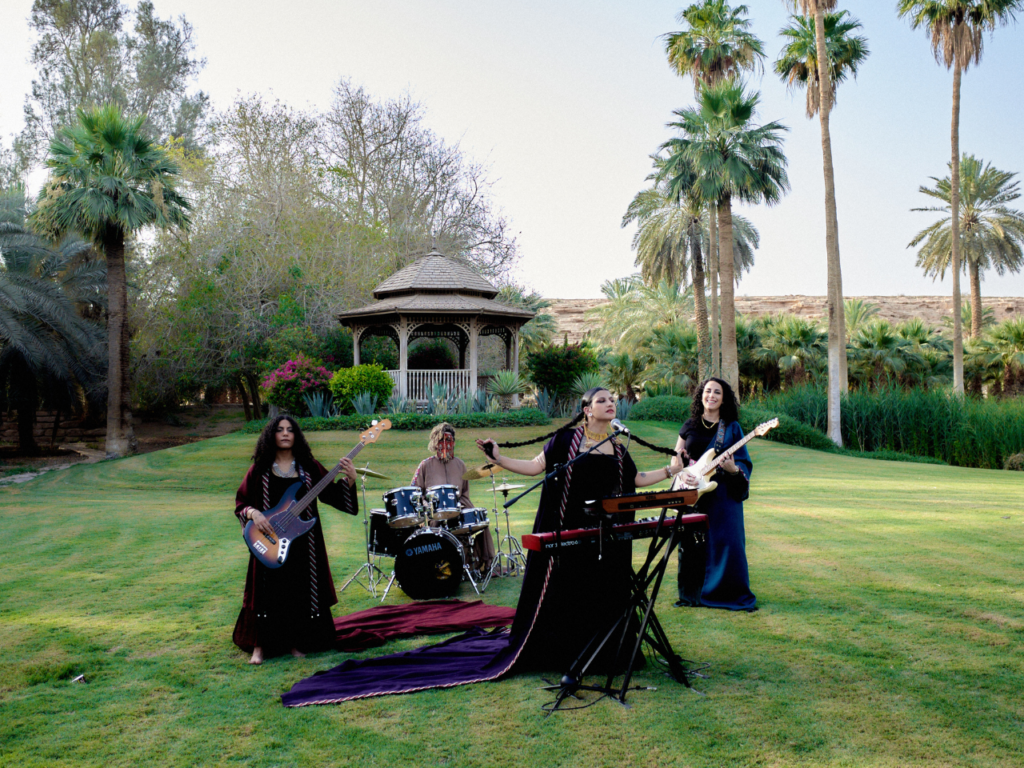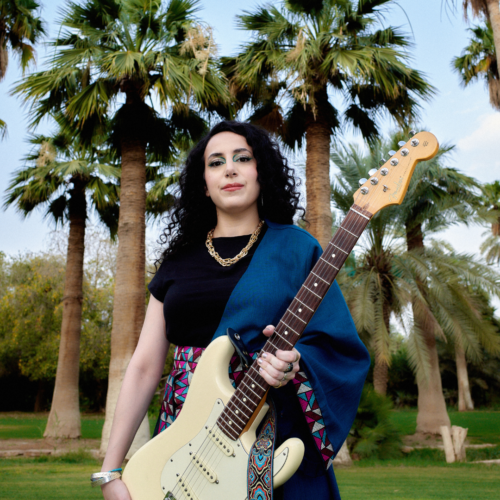Shanita White, who was born in England to a U.S. military family, has been working in the U.S. Department of Defense (DoD) since 2016, moving between various support roles before becoming a senior change manager. As an IT expert, she is involved in assessing the risk associated with changing technologies and mapping the resources needed to accommodate them.
One thing White understands well is the culture of the department, in which men are heavily overrepresented. White considers herself lucky in her career to date; she is part of a supportive team at the DoD and has only had one negative experience with a superior in her eight years. She acknowledges, however, that many other women have been less lucky. She talks about the cultural asymmetry men and women experience in DoD environments, which ultimately penalizes women, casting them aside as incompetent or overly emotional. She attributes that imbalance in part to early societal conditioning: Girls are told to focus on their appearance and caregiving qualities, boys on their strength and scientific aptitude. But other factors are in play too.
Over 6,000 miles away from the United States, Adah, a former officer in the Israeli military with 18 years’ service, including six in Yohalam — the Gender Affairs Advisory unit to the chief of staff — talks about the institutional barriers that women face. Because of a fear of repercussions, she has asked that we use a pseudonym. Despite women’s mandatory inclusion in conscription to the Israeli army, she describes the well-documented, exhausting pendular nature of progress when it comes to their integration into combat units.
“Society has to push the military into taking the big steps for women, with every step taken in assembling women into combat being a result of a high court decision,” she says. For years Adah felt frustrated at having to research inherently discriminatory questions of whether women should be combatants instead of how to integrate women in combat most effectively.
Massive intelligence failures in both the U.S. and Israel in recent months have put gender under the spotlight and brought to the fore the growing pushback among right-wing political circles against hiring women in the security services. Many blamed women on the ground for July’s assassination attempt on former President Donald Trump, despite the security team being overwhelmingly male. Some Republican lawmakers took aim at the Secret Service’s efforts to recruit women, blaming its diversity, equity and inclusion (DEI) policies. The service’s director, Kimberly Cheatle, was smeared with sexist abuse, including being called, in the words of Republican Rep. Tim Burchett of Tennessee, “a DEI horror story” — implying she was only hired because she is a woman. Cory Mills, a former sniper in the Army and a Republican congressman from Florida, went a step further: “When you primarily go after DEI [hires], you end up with D-I-E,” he told Fox News. (Cheatle resigned late last month, the day after she testified to Congress.)
In Israel, multiple warnings were issued by female intelligence officers and soldiers (watchers) to their colleagues in the Israeli military about a planned attack by Hamas militants, even up to a year before the Oct. 7 atrocity took place. Tragically, their meticulously researched reports and observations of Hamas border drills were disregarded as far-fetched by senior male leaders.
Experts agree that organizational cultures in defense and intelligence are male-heavy, boys’ clubesque and hypermasculine, underscoring not only the scale of the challenge for women but also the heightened risk of groupthink.
The problem extends far beyond the U.S. and Israel — it is a global issue, closely linked to universally shared beliefs that diminish women.
Interviews with intelligence and defense experts reveal the deep-seated systemic challenge to women’s authority and career progression — the exclusionary informal culture of the defense and security sectors. This takes various forms: the entrenched belief that women are not as able as men; the infantilization, belittling, sexualization and harassment of women colleagues; and, in Israel, the significant pressure from religious groups to keep women away from Orthodox men who have been conscripted into the army. (Israeli media has reported on religious combat soldiers bolting from a tank upon finding female soldiers inside and rabbis demanding female-free bases for religious male conscripts.)
White reflects on the multiple instances when she has witnessed women’s ideas in meetings being dismissed, only to be taken up and celebrated when repeated by male colleagues, or instances when a woman’s reaction to a problem has condescendingly been called emotional but seen as reasonable when voiced by a man. She also recalls how at other times, women experts, including White herself, had been dismissed as incompetent, not on the basis of any evidence but solely because of their outer shell. These biased attitudes result in fewer chances being taken on women than on men, which of course can then hurt their career advancement. White has decided to speak up now because she believes that women need to be seen and supported in a male-dominated field. “This support will be vital to them climbing the ladder and reaching a level of success they could not otherwise.”
Early on in White’s career, a generous senior male mentor, one of many other supportive DoD mentors she has encountered, advised her that for a woman to succeed there, she needed a mentor, a coach and a cheerleader; just having one of those would not suffice. She soon realized just how pertinent that advice was. Women had to jump through hoops that men did not. In fact, many men were actively blocking women’s progression, becoming a stereotype nicknamed Chuck.
“Women can always point to one gentleman — a Chuck — that has either tried very hard to make you feel uncomfortable or make your life difficult,” she reflects.
Adah speaks wearily of the cyclical backlash that forces women to take one step back before they can take two steps forward whenever more combat units open doors to them in the military. From her 18 years’ experience, she concludes that two forces are holding women back: firstly the organization’s uber macho culture, and secondly the ultra-Orthodox religious groups, which, according to Haaretz newspaper’s lead editorial, see women as an environmental hazard and therefore refuse to serve alongside them. Both these forces perpetuate the army’s men-only club mentality. Although Adah acknowledges the considerable progress the army has made over the years to integrate women better in the military, cultural norms are still gender-asymmetrical — combat remains compulsory for men but a privilege that can be taken away for women. If a woman is married, conscription does not apply, and reserve service for women is only until 24 years of age, whereas men — married or not — are eligible until their mid-to-late 40s.
Clare Hutchinson, formerly the NATO secretary-general’s special representative for women, peace and security, argues that across the alliance’s countries, women in the defense sector navigate cultural realities that are far more burdensome for them than for men. Routinely not being taken seriously and being judged on how they look and dress rather than on their expertise forces them to worry about how they are perceived, who their detractors are and how to secure allies. Women know that these allies are indispensable for their career progression and general well-being.
To illustrate one taxing barrier that women face, Hutchinson shares one of her own anger-inducing experiences, even as one of the highest-ranking women in NATO. She recalls interviewing a junior male candidate for a role in her office, who throughout the entire interview did not look at her once. Instead, he directed his gaze exclusively toward the male member of the interview panel, wrongly assuming that he was in charge.
Women’s universal marginalization at the top of security and intelligence organizations is a core issue feeding into their cultural exclusion. Women are underrepresented at all senior levels in the U.S. intelligence sector, holding less than a third of senior roles according to the latest available data, marking a marginal decline from the previous year.
Across 181 countries, only 12% of defense ministers are women, a rate that is 30th out of 34 in terms of ministry types, according to the latest data by the Inter-Parliamentary Union. Those who do take on the highly coveted roles, like Spain’s Margarita Robles and the Maldives’ Mariya Didi, have made headlines for putting women first in their policies as opposed to making women adapt to male norms. (Robles changed recruitment rules for the armed forces to ensure women with tattoos receive the same treatment as their male counterparts; under Didi, who stepped down last year, women were consulted and engaged in anti-radicalization efforts.)
No woman has ever held the defense minister role in either the U.S. or Israel. Across the U.S. Army, Navy, Marine Corps, Air Force and Space Force, women occupy just 8% of the most senior levels of active defense duty. In Israel, although the mandatory draft law includes women, their service in the Elite Special Forces units has become a possibility only through legal challenges as recently as 2023. Despite accounting for a third of regular military personnel, women occupy only 12% of combat roles, which form the pool that feeds leadership roles.
Hutchinson says this is often due to the pernicious entrenched bias that women are simply not as intelligent as men when it comes to defense or intelligence matters, which makes it easy to discount their well-evidenced analyses. Trish Martinelli, a senior DoD consultant with 21 years of military intelligence experience, believes that one of the most dangerous things a woman can do in a defense environment is voice concerns that “something doesn’t feel right.” Such feelings are instantly tied to women’s over-emotionality or their menstrual cycle, whereas they might be hailed as a man’s educated hunch.
Hutchinson argues that failure to recognize women’s expertise in security, national defense and intelligence or to heed women’s unique insights, as happens all too often, “imperils our states.” According to Hutchinson, only women could have access to the 10% of suicide bombers who are women, as reported by the Global Terrorism Database. She argues that the absence of women in covert operations involving female terrorists in Syria, Bosnia, Kosovo and Sudan has led to intelligence being missed because, culturally, only women can collaborate with other women.
The effect of excluding women has been dire. In her book “The Sisterhood: The Secret History of Women at the CIA,” which draws on 100 mostly on-record interviews, Lisa Mundy writes about a series of reports compiled by women CIA analysts working at the then-unprestigious antiterrorist unit, which issued warnings about the extensive danger that Osama bin Laden and al Qaeda posed to America. As early as 1993, Gina Bennett warned about bin Laden in a far-sighted memo that identified him by name for the first time. Five years later, Cindy Storer wrote a 60-page paper about bin Laden and al Qaeda, which was never published in full and duly ignored. And by July 2001, Barbara Sude and other analysts wrote 40 items of warning, some including details about a potential hijack of a plane on U.S. soil. None of these intelligence wins were acted on, not least because of the same unconscious bias and culture that dismisses women’s expertise that remains prevalent today.
Tair Karazi-Presler, an assistant professor at the gender studies program at Bar-Ilan University near Tel Aviv, argues that Israel’s dismissal of female soldiers’ and officers’ warnings is proof that “misogyny kills.” As part of her research on the effect of the army on women, she also interviewed 100 women. Both Karazi-Presler and Adah, the former army officer, highlight the constant clash between the overtly gender-egalitarian and often trailblazing policies that the Israeli military has adopted this century and its covertly gender-discriminatory informal culture.
“Things are actually progressing in the military in terms of regulation,” Karazi-Presler says. “There are many mechanisms that try to deal with sexism and sexual harassment, but the core of the organization is based on men’s bodies, men’s strength and men’s violence.”
Karazi-Presler’s research corroborates women’s infantilization in the Israeli military, with men calling them “girl” or “babe” to undermine their authority and keep them out of the “boys’ club.”
Sexual harassment, whether in the form of frequent sexist jokes that women are expected to laugh at or more overt advances, is also a repressive force in the intelligence and defense sectors. Karazi-Presler found that despite the military’s anti-harassment policy efforts, every woman had at least one sexual harassment story. The starkest example came from an army officer who was interrupted from sharing her project ideas with a male colleague by the comment: “I just want to f— you right now.” When she called his bluff by seemingly agreeing, he fled.
Hutchinson speaks of the tightrope women walk in attempting, often unsuccessfully, to balance the unspoken need to be inside the boys’ club for effective performance with the desire not to condone frequent insidious sexist jokes that constantly undermine women.
Martinelli, whose daughter also serves in the military, firmly believes that a woman’s body, voice and authority are still not treated equally to men in the sector. “Whether at work or at home, we are expected to absorb men’s opinions, actions and failures to make them feel OK,” she concludes.
The attitude against gender diversity stands in stark contrast to substantive evidence pointing to the contrary. Female defense experts believe a fundamental way to drive real change for women in these sectors is to involve them in leadership positions. To get there, male mentorship and coaching programs could help. For now, only men can unpack the hidden world of evaluations of excellence and promotion potential of women. Senior women supporting more junior women and each other is another key intervention that drives positive change.
“Leadership matters,” White says. “Once you have leaders who are open to challenging the status quo mindset, the environment improves for everyone.”

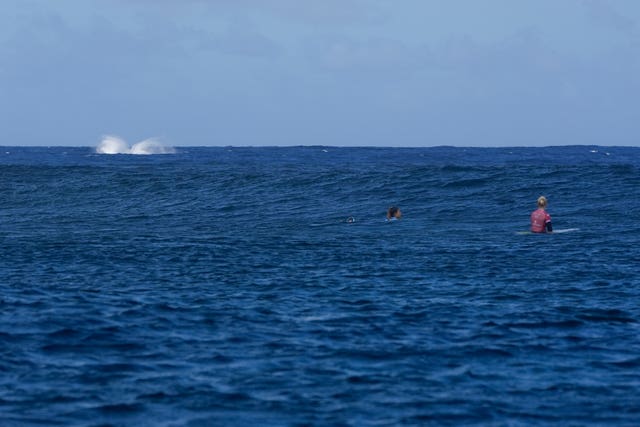

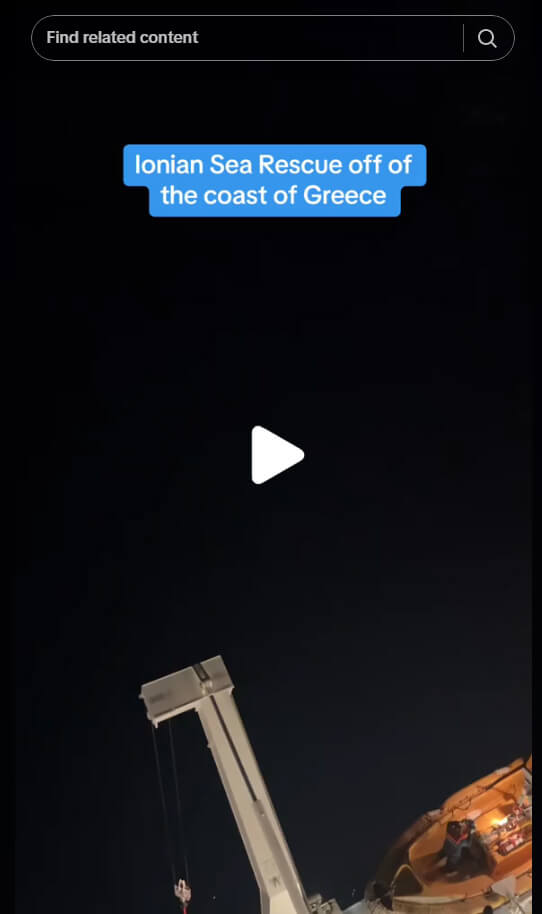
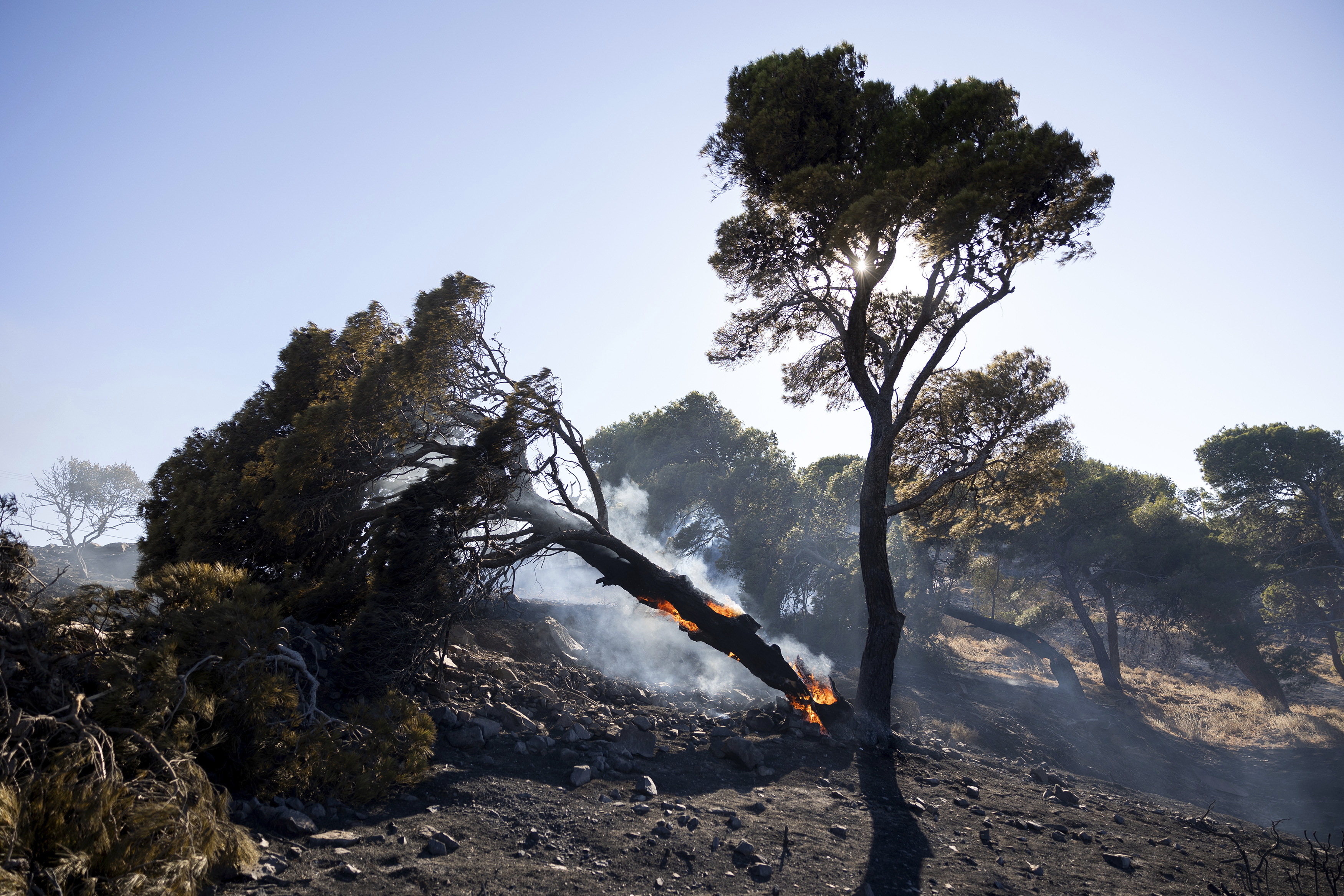
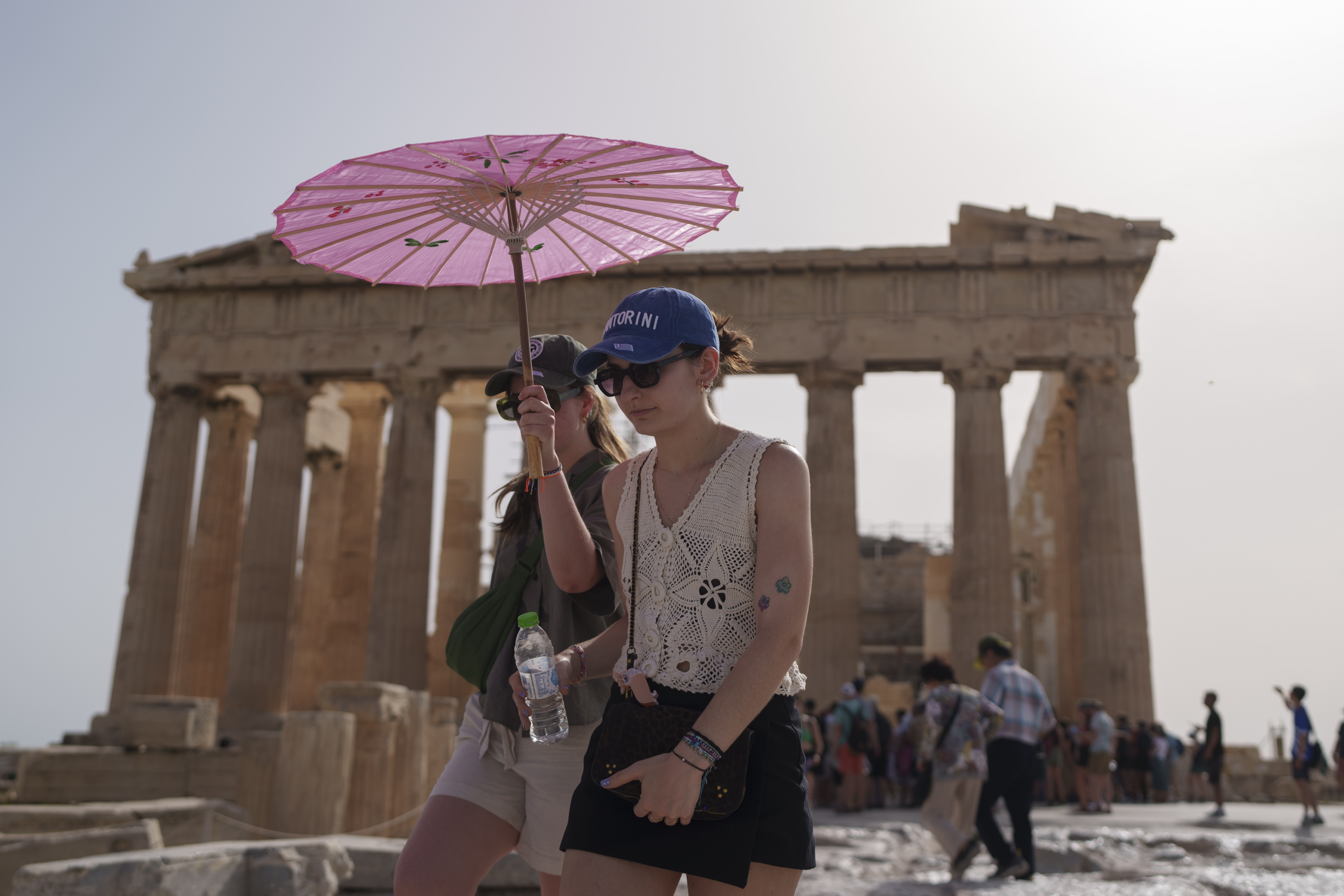
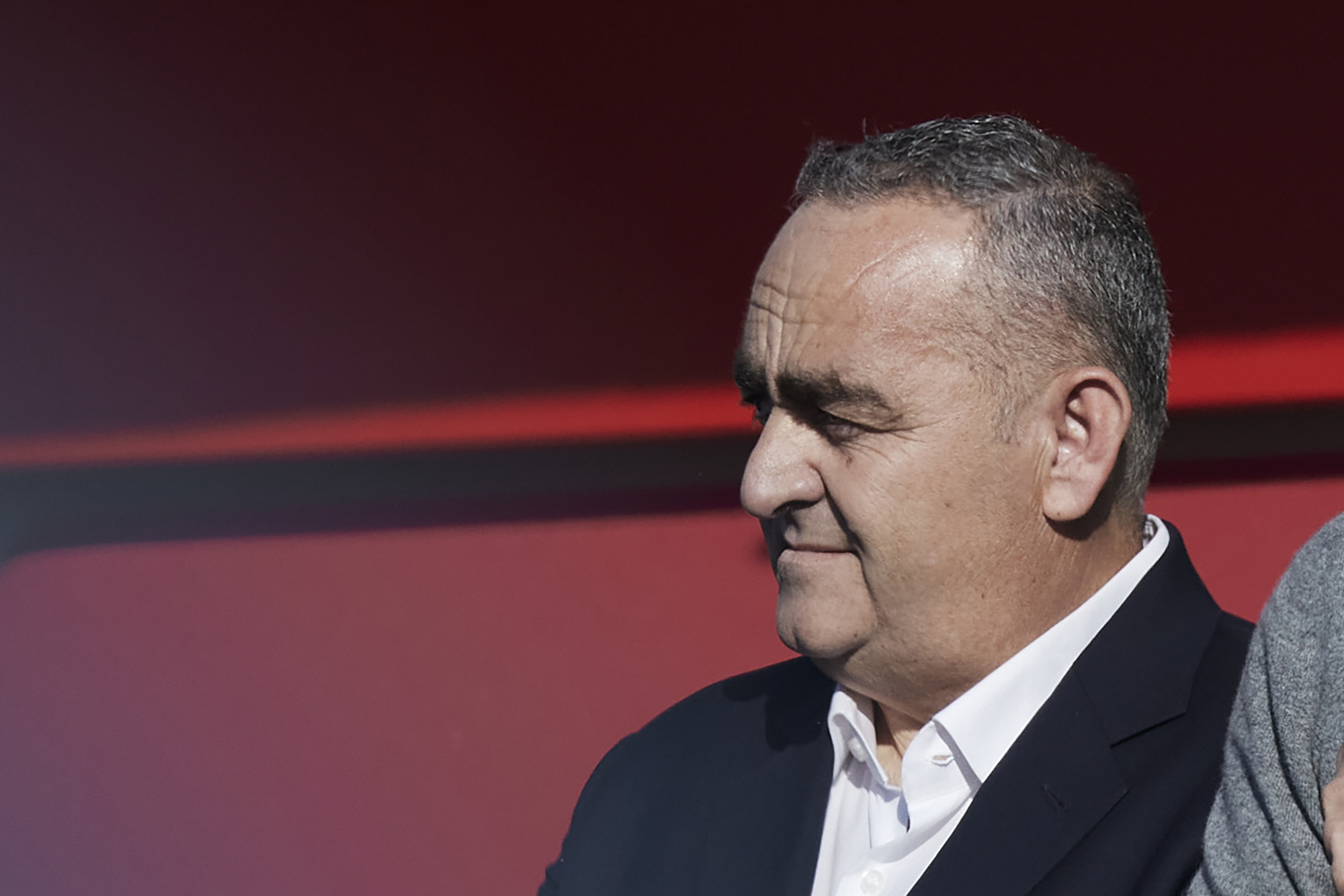


 August 6, 2024
August 6, 2024